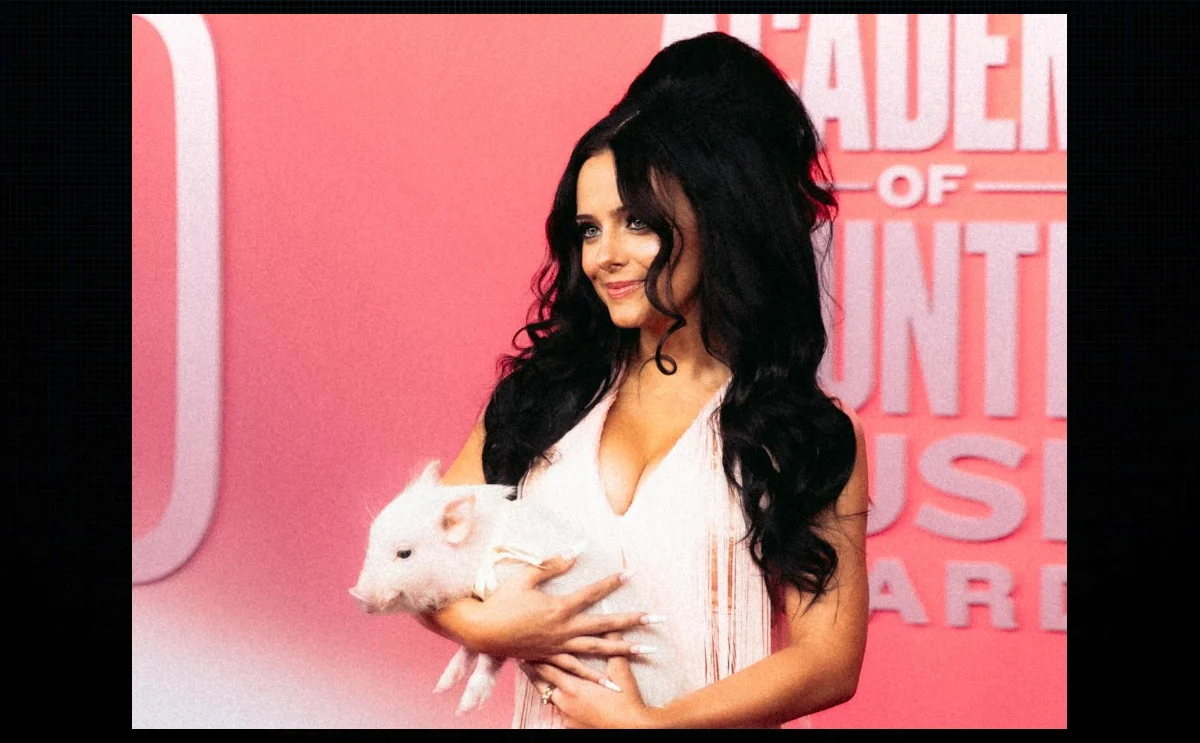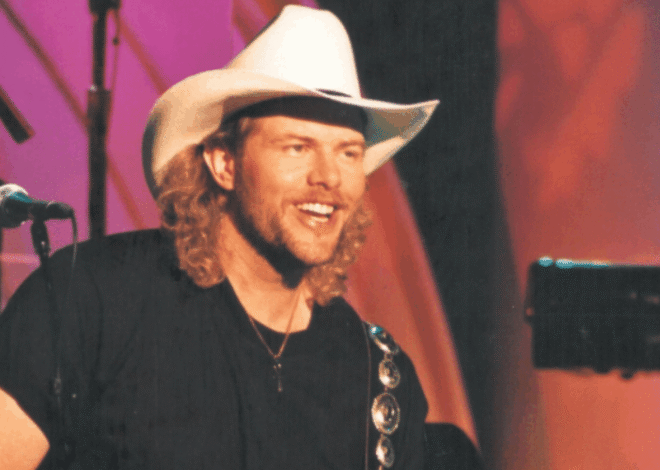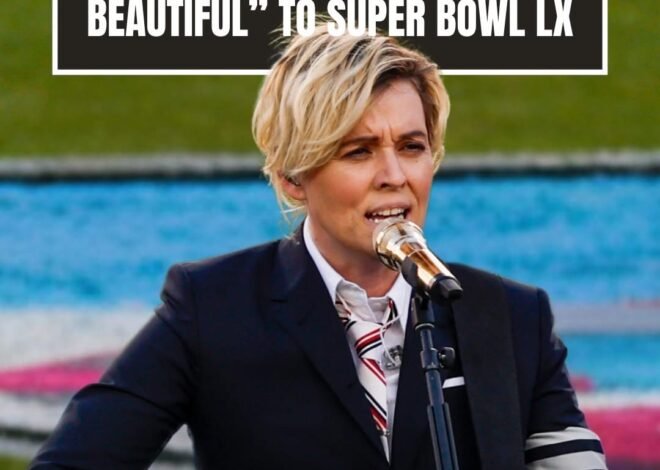
Jessie Murph Says She’s Not Country — So Why Is Country Music Still Claiming Her?
The country music world is no stranger to genre-bending controversies, but Jessie Murph’s recent comments have reignited the debate about what really defines a “country artist.” Despite being nominated for ACM New Female Artist of the Year, Murph herself questions whether she belongs in the genre at all.
Jessie Murph: Pop Artist or Country Star?
Jessie Murph first caught attention in the country scene through her collaboration with Koe Wetzel on the track “High Road.” Though it hit #1 on country radio, the song—and Murph’s performance—received mixed reviews. Critics labeled it more pop than country, and fans weren’t entirely sold either.
Still, that single and a few others somehow led to an Academy of Country Music Awards nomination. Murph’s competition included rising country talents like Ashley Cooke and Ella Langley, the latter of whom ultimately took home the award. Even Murph admitted she didn’t think she should’ve been on the list.
“I wouldn’t look at me and be like, ‘That’s a country artist,’” Murph told the Zach Sang Show. “I don’t know that I deserved to be in that category. I feel like there’s other country artists that maybe deserved to have that spot.”
The ACM’s Ongoing Identity Crisis
Murph’s blunt admission raises a serious question: Why are major country music institutions recognizing artists who don’t even claim the genre? At a time when independent female artists like Kaitlin Butts, Sierra Ferrell, and Noeline Hoffmann are thriving with viral hits and Billboard success, many fans feel these women are being overlooked in favor of more mainstream-friendly, pop-leaning performers.
While groups like The Red Clay Strays are gaining traction and even winning ACM awards, the recognition hasn’t translated equally to independent women in country music.
The “1965” Controversy
Murph made headlines recently with her graphic and controversial music video for “1965.” It sparked backlash, even among her fan base, for its provocative content. Yet instead of impacting her status negatively, she continues to receive press coverage and praise, including a recent Sports Illustrated Swimsuit feature.
Strangely, major media outlets like Billboard Country have promoted Murph while ignoring the controversy, further distancing themselves from traditional country roots.
Genre Confusion Hurts Real Country Artists
As award shows and media platforms continue to embrace artists who don’t identify as country, the voices of genuine country performers often get drowned out. That’s why the Grammys’ new Best Traditional Country Album category was a welcome shift—highlighting artists who stay true to the genre’s roots.
Jessie Murph might not see herself as a country artist, and that’s okay. The problem lies with industry institutions forcing her into a space she didn’t ask to be in—while real country artists fight for visibility.
Final Thoughts
Jessie Murph’Jessie Murph’s own honesty about not fitting the country mold is refreshing. But the ACM and similar institutions need to do better. Instead of rewarding crossover appeal, they should spotlight artists who are truly shaping the future of country music—especially the women who continue to be overlooked.



